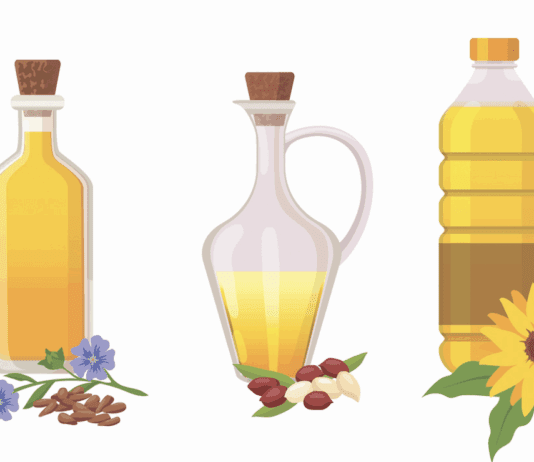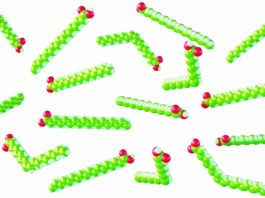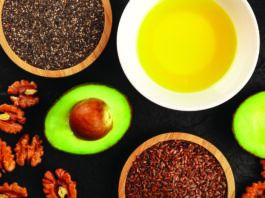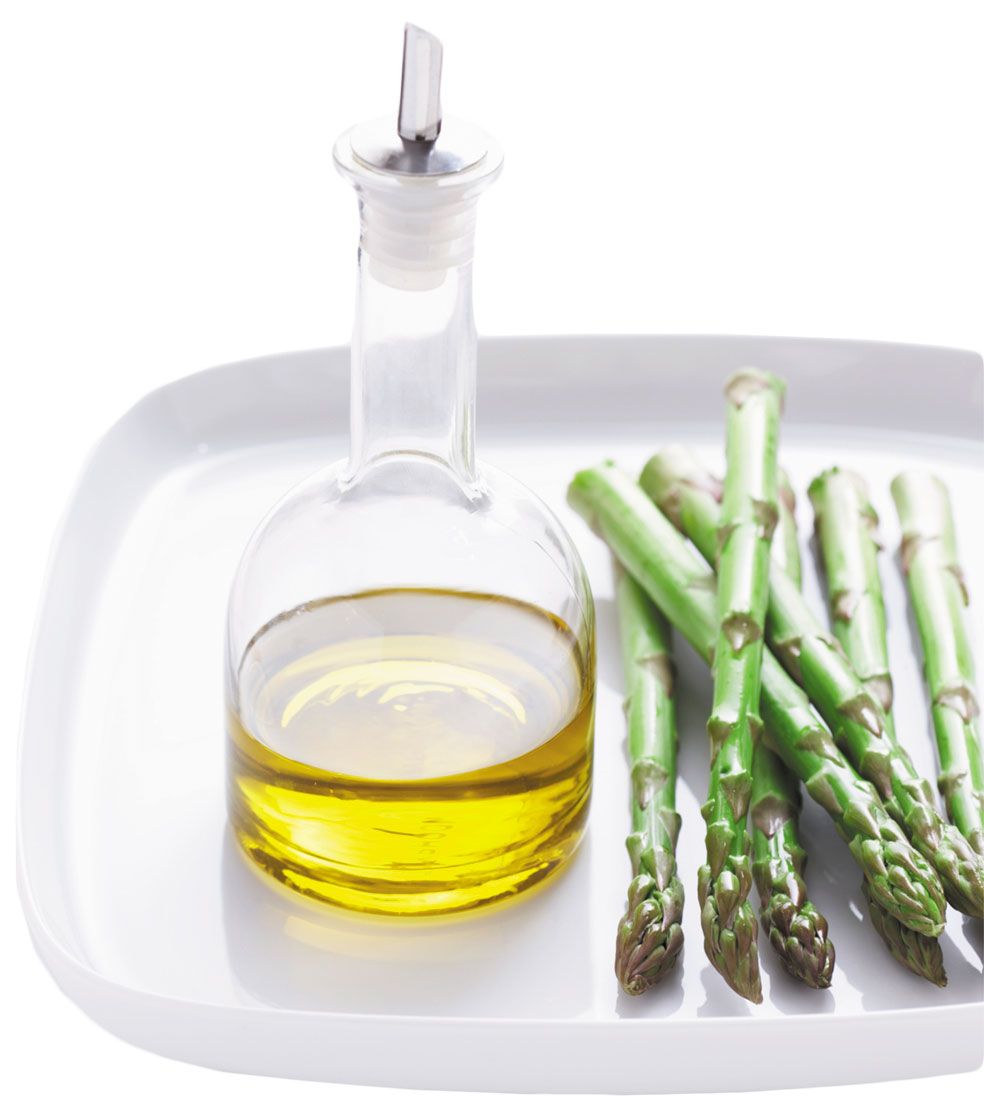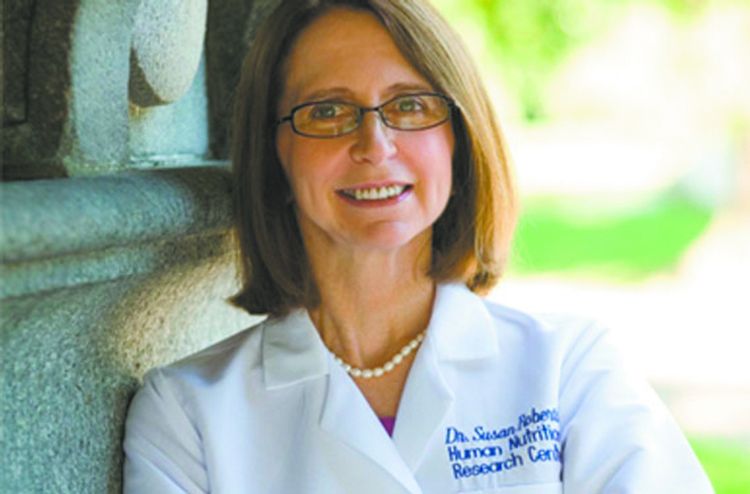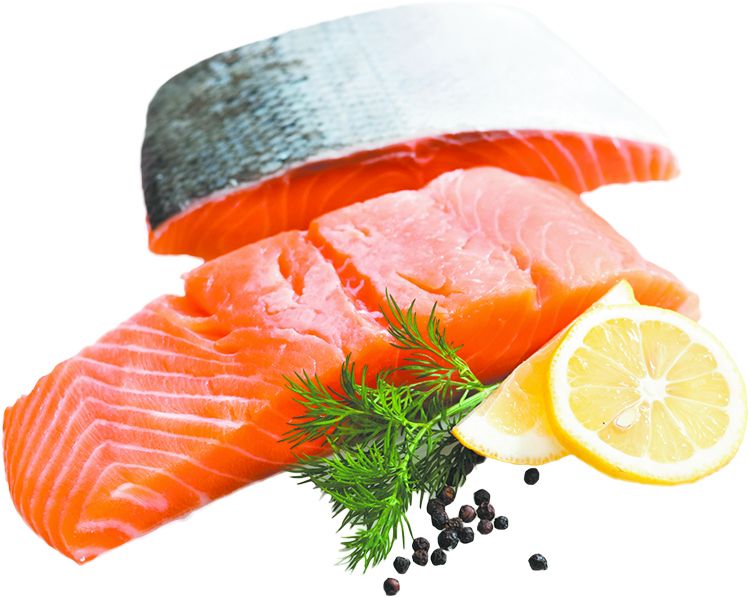The Heart-Brain Blood Supply
Just like every other organ and tissue in the body, the brain needs oxygen and nutrient-rich blood to function properly. Because the brain is so crucial to the bodys survival, it receives a disproportionate amount of blood. Though it takes up only about 2 percent of the bodys weight, the brain receives 15 to 20 percent of the bodys entire blood supply, and 25 percent of its oxygen supply. The body will deprive other parts of the body of blood to ensure that the brain has what it needs.
The heart feeds the brain by sending blood through vessels both on the surface of the brain and deep inside it. Two pairs of arteries branching out from the aorta-the internal carotid arteries and vertebral arteries-supply the brain with blood. Carotid arteries send blood to the front of the brain, and vertebral arteries send blood to the back of the brain.
Blood flow into the brains tissues is a bit different than it is in other parts of the body. Elsewhere in the body, nutrients, oxygen and waste products can move freely in and out of the capillaries. This is not true in the brain. The brain has its own checkpoint, the blood-brain barrier, a semi-permeable system that lets only certain substances pass into the brain. This barrier protects the brain against viruses, toxins, hormones, and other substances in the blood that might harm the brains delicate tissues.
Considering how essential nutrient-rich blood is to the brains function, any disruption in blood flow can pose a serious risk. A blockage in the brains blood supply from a clot either in the brain or from elsewhere in the body is called a stroke. A stroke deprives the affected part of the brain of oxygen. Without oxygen, the brains cells will die. If too many brain cells die, thought and virtually every other function will come to a halt. Two primary risk factors for stroke are high blood pressure and heart disease, which illustrates the close relationship between heart and brain health.
For more information on the connection between the heart and brain, purchase Heart-Brain Diet: Essential Nutrition for Healthy Longevity by Tufts Medical Report.
The heart feeds the brain by sending blood through vessels both on the surface of the brain and deep inside it. Two pairs of arteries branching out from the aorta-the internal carotid arteries and vertebral arteries-supply the brain with blood. Carotid arteries send blood to the front of the brain, and vertebral arteries send blood to the back of the brain.
Blood flow into the brains tissues is a bit different than it is in other parts of the body. Elsewhere in the body, nutrients, oxygen and waste products can move freely in and out of the capillaries. This is not true in the brain. The brain has its own checkpoint, the blood-brain barrier, a semi-permeable system that lets only certain substances pass into the brain. This barrier protects the brain against viruses, toxins, hormones, and other substances in the blood that might harm the brains delicate tissues.
Considering how essential nutrient-rich blood is to the brains function, any disruption in blood flow can pose a serious risk. A blockage in the brains blood supply from a clot either in the brain or from elsewhere in the body is called a stroke. A stroke deprives the affected part of the brain of oxygen. Without oxygen, the brains cells will die. If too many brain cells die, thought and virtually every other function will come to a halt. Two primary risk factors for stroke are high blood pressure and heart disease, which illustrates the close relationship between heart and brain health.
For more information on the connection between the heart and brain, purchase Heart-Brain Diet: Essential Nutrition for Healthy Longevity by Tufts Medical Report.
10 Keys to Cardiovascular Health
When the American College of Cardiology and American Heart Association released new guidelines for preventing cardiovascular disease in November, the headlines all focused on their controversial recommendations for statin use. Almost lost in the coverage was another set of ACC/AHA recommendations, which looked at diet and physical activity rather than drugs for reducing cardiovascular risk. Whether your physician has prescribed statin medications or not, these Lifestyle Management Guidelines can help protect your heart.
Q. Im thinking about taking a vitamin A supplement, but am confused by the...
If youre eating a balanced diet and have no special health concerns, you probably dont need extra vitamin A of any kind. According to the Office of Dietary Supplements of the National Institutes of Health, Vitamin A is available in multivitamins and as a stand-alone supplement, often in the form of retinyl acetate or retinyl palmitate [preformed vitamin A].
Serial Snackers Now 21% of Population
In the latest evidence that day-long snacking is overtaking traditional mealtimes, a new report says more than one in five Americans-21%-now graze on snacks all day long, skipping meals completely
Q. Ive read numerous articles about the benefits of drinking coffee; however, none of...
A. Jeffrey B. Blumberg, PhD, director of Tufts HNRCA Antioxidants Research Laboratory, replies: Casein, the protein in cows milk, does bind to chlorogenic acids, the principal bioactive constituents of coffee (other than caffeine). Depending on the amount of milk added to the coffee, this may decrease the absorption of chlorogenic acids into the body, although its ultimate impact on antioxidant activity or other actions is not clear. There do not appear to be any human…
Secrets to Healthy Holiday Eating
No wonder we think about eating when the calendar turns to the holiday season. Even the songs about the holidays are filled with references to food and drink: chestnuts roasting on an open fire, figgy pudding, wassail, latkes, candy canes. We go over the river and through the woods to grandmothers house in a song that ends, Hurrah for the pumpkin pie! When grandma gets run over by a reindeer in another song, its because shes been drinking too much eggnog.
Mediterranean Diet: Health vs. Hype
As a reader of this newsletter, you know that the Mediterranean diet has been associated with a wide range of health benefits. Most recently, weve reported on findings from the Spanish PREDIMED study linking such a diet to reduced risk of heart disease (June 2013) and cognitive decline (August 2013). Other studies have suggested preventive benefits against certain cancers, diabetes, Parkinsons disease and depression. The Dietary Guidelines for Americans recommends the Mediterranean diet as one…
Beans of All Kinds Equally Good for You
You already know beans are good for you: The Dietary Guidelines for Americans recommend that women consume 1 1/2 cups of beans and other legumes weekly, or 1 cup for ages 51-plus, and that men eat 2 cups a week, 1 1/2 cups after age 50. Moreover, beans and other legumes are the only type of food that the Guidelines promote in two different categories-as part of the Protein Foods Group (along with meats, poultry and fish) and as part of the Vegetable Group, because they are excellent sources of dietary fiber and nutrients such as folate and potassium.
Should You Try Heart-Healthier Red Meat Alternatives?
As a reader of this newsletter, youre already aware that consumption of red meat has been linked to increased risk of heart disease and colorectal cancer. So youre exercising portion control and trying to eat more lean poultry and fish. But sometimes, well, beef is whats for dinner.
People Who Eat More Fish Live Longer
Getting more fish into your diet has never been easier-and the payoff in better health and longevity has never been clearer.





















